Teaching Digital Students Non-Digital Things
How can you teach digital students non-digital things? 21st century reading & thinking is linked in a web of physical & digital media.
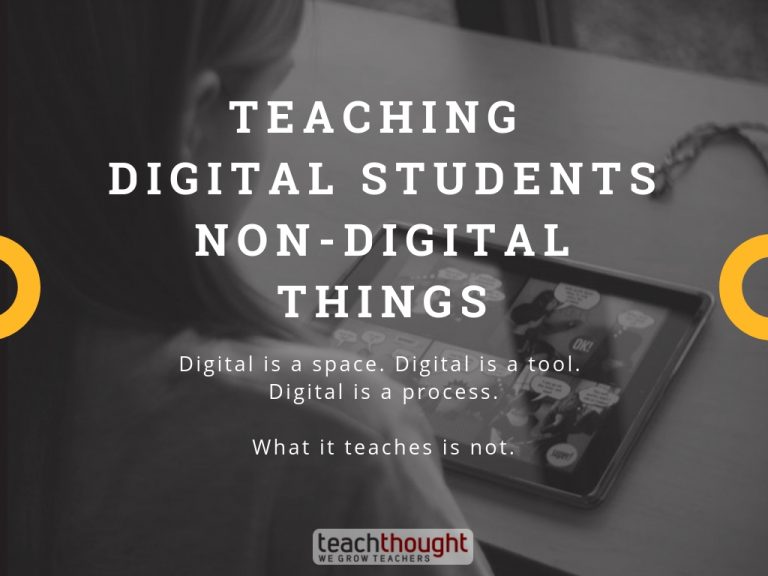
How can you teach digital students non-digital things? 21st century reading & thinking is linked in a web of physical & digital media.
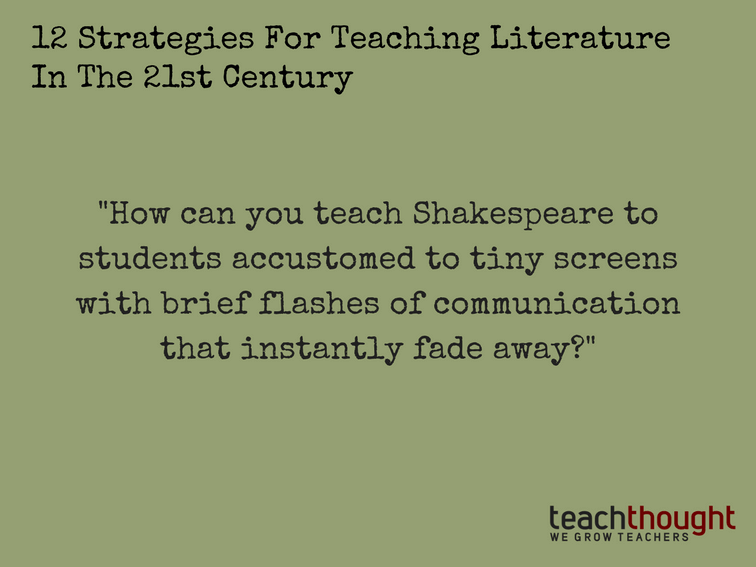
From affording choice to anchoring year-long discussion of certain themes, here are strategies for teaching literature in the 21st century.

Nas explores ‘It Ain’t Hard To Tell,’ a track of ranging similes and metaphors with a pace that required 50+ plays before you could begin to appreciate it,

How Students Organize Their Language Arts Binders by Terry Heick For many humanities teachers, how you have students organize their class binders–or if you have them keep one at all–says a lot about how you view that content area. Like an architect’s drawing table or a painter’s palette, for a teacher of any humanities course–especially…
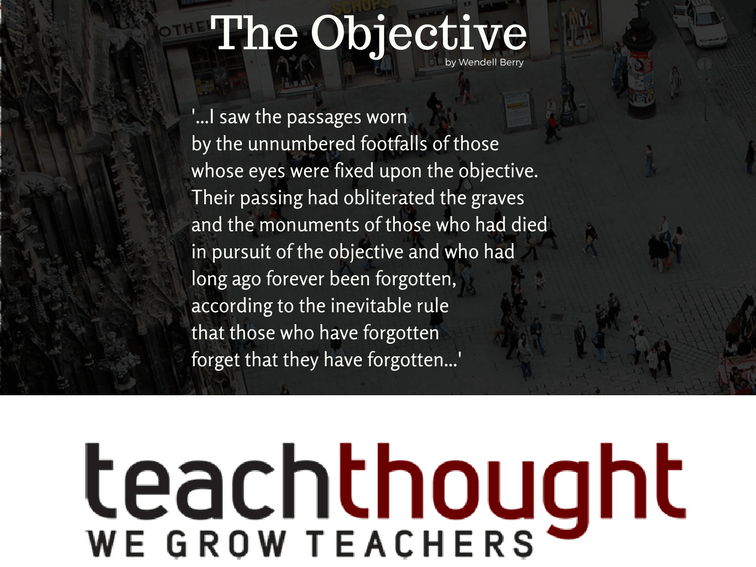
“I prayed what I saw was only fear & no foretelling, for I saw the last known landscape destroyed for the sake of objective…”
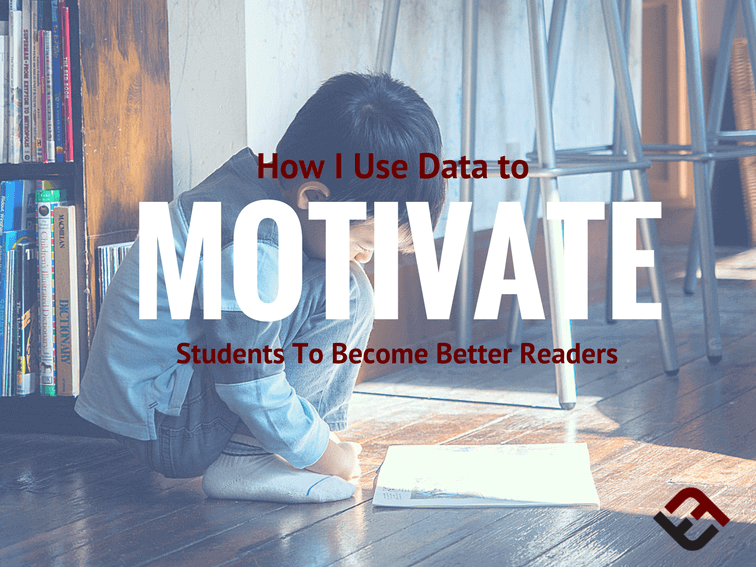
Equipping students with the right tools and providing them with the proper support can set struggling readers up for success.
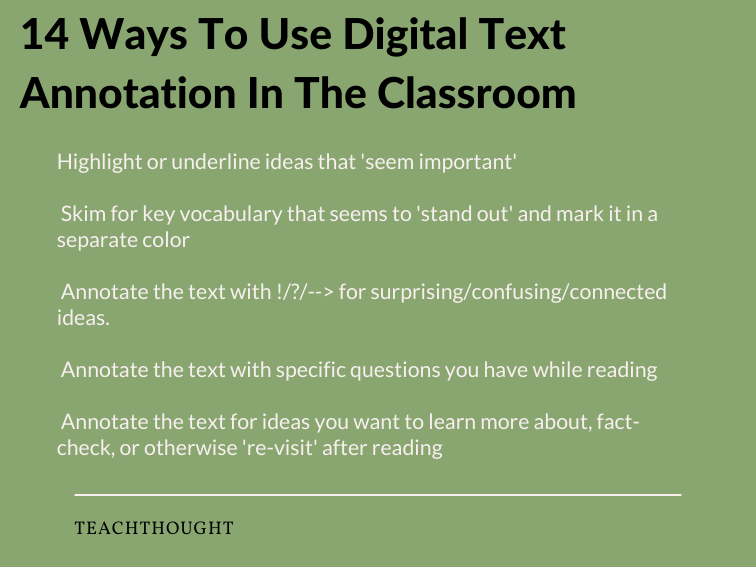
Skim for key vocabulary that seems important, is confusing, or otherwise ‘stands out’ and mark it in a separate color.
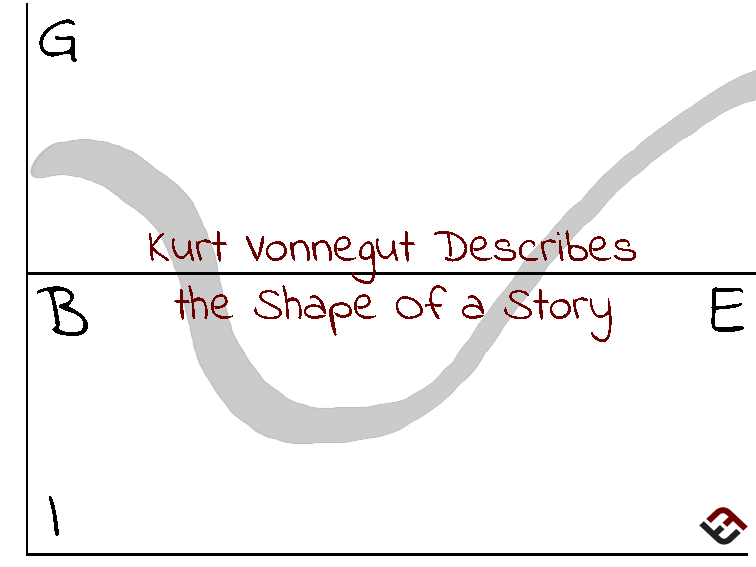
Every story, Vonnegut playfully asserts, can be ‘shaped’ on a Y-axis of Good Fortune & Ill Fortune extended along the X-axis of Time.
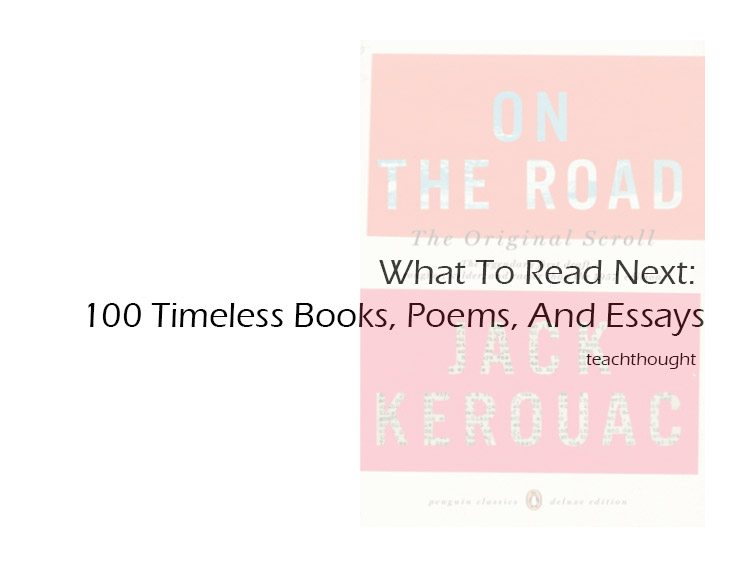
What should you read next? Consider Aldous Huxley’s ‘Brave New World,’ Ray Bradbury’s ‘Fahrenheit 451,’ or Kurt Vonnegut’s ‘Player Piano.’
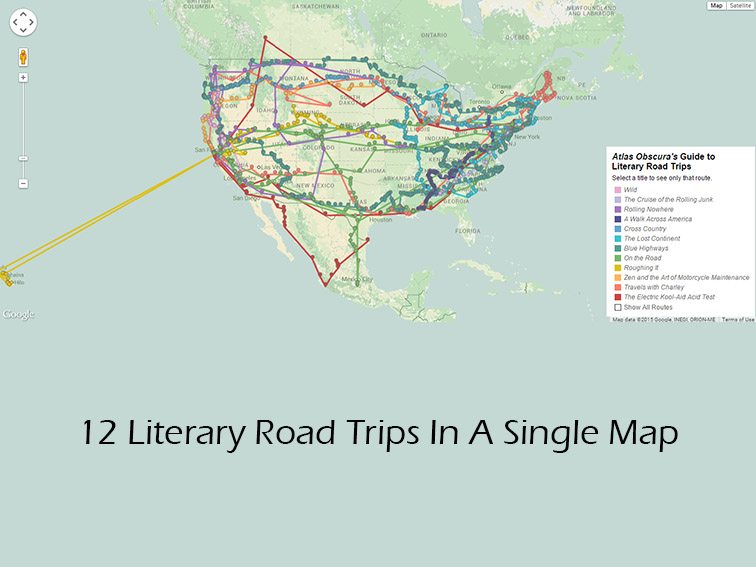
12 Literary Road Trips In A Single Map by TeachThought Staff Richard Kreitner and Steven Melendez over at atlasobscura recently shared a map you might want to take a look at. The map–and its hand-typed notes–represent an enormous effort, and the selections themselves some mighty fine taste in recent literature. There are over 1500 entries on the…
We increasingly need the humanities because technology requires us to know what information we need and the kinds of questions we should ask.
Students are conditioned to believe that someone beyond their family or teacher will be automatically and genuinely interested in their ideas.
End of content
End of content